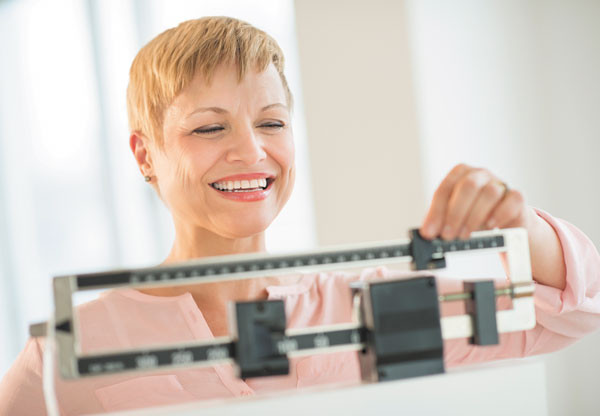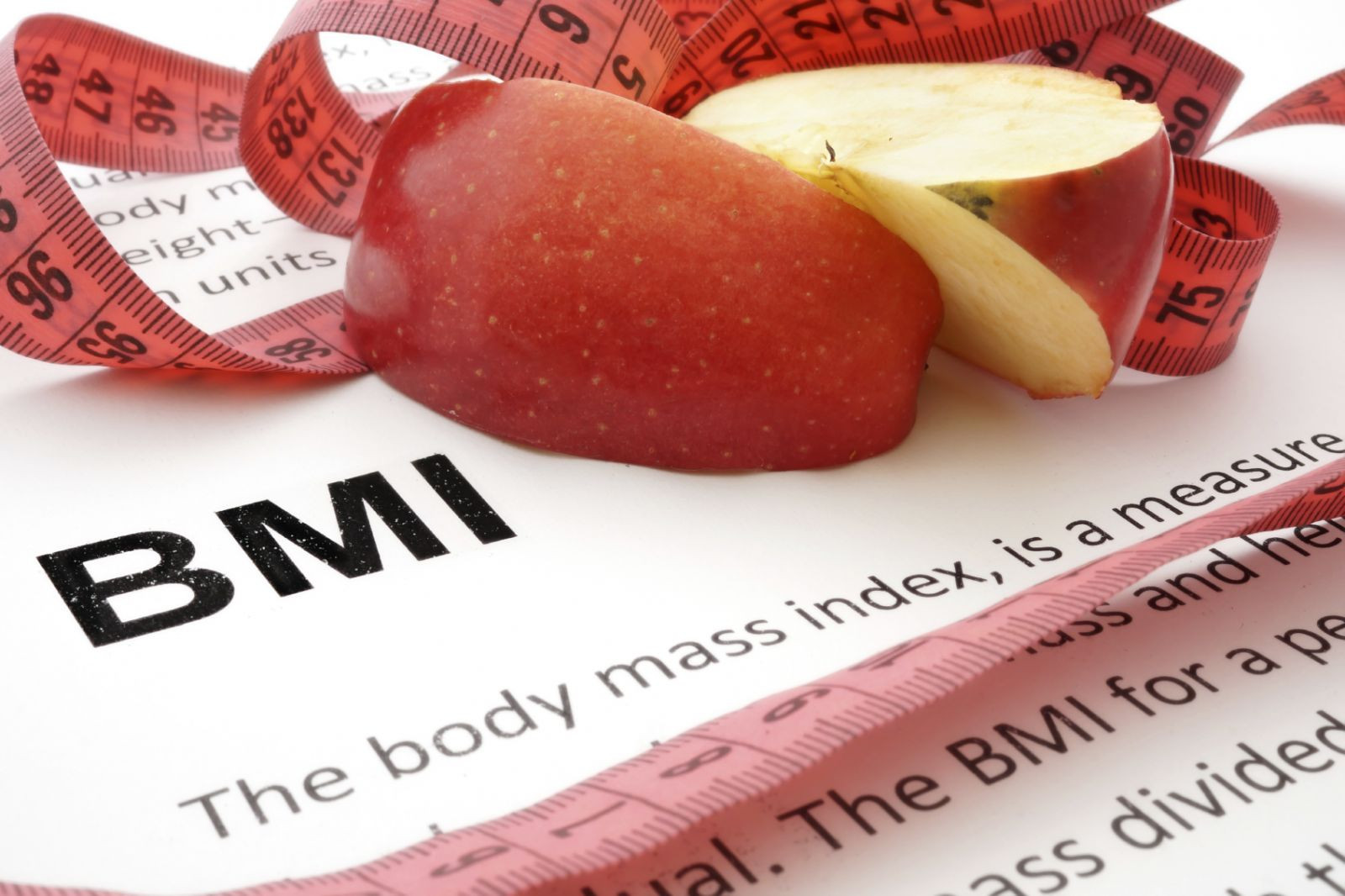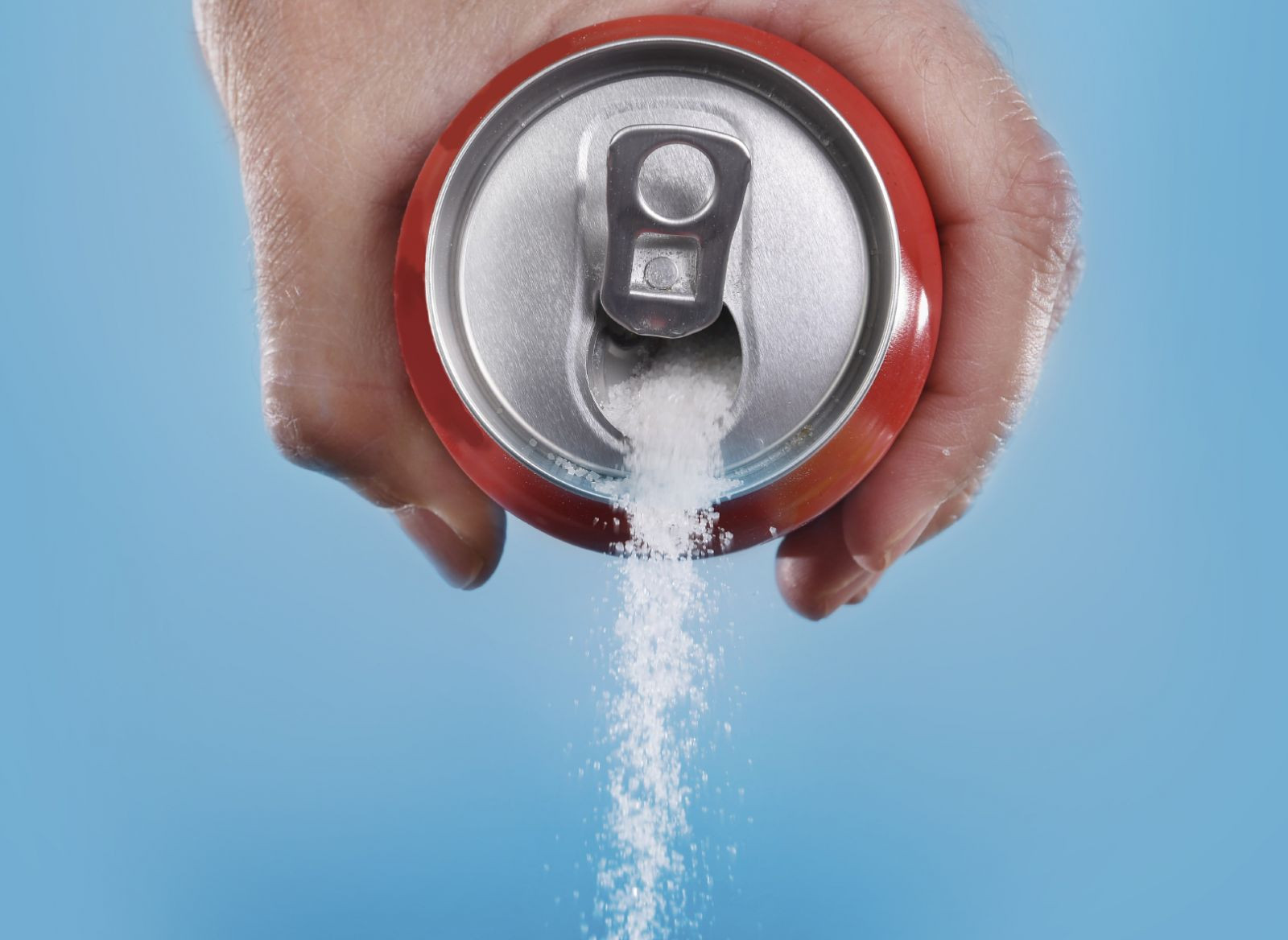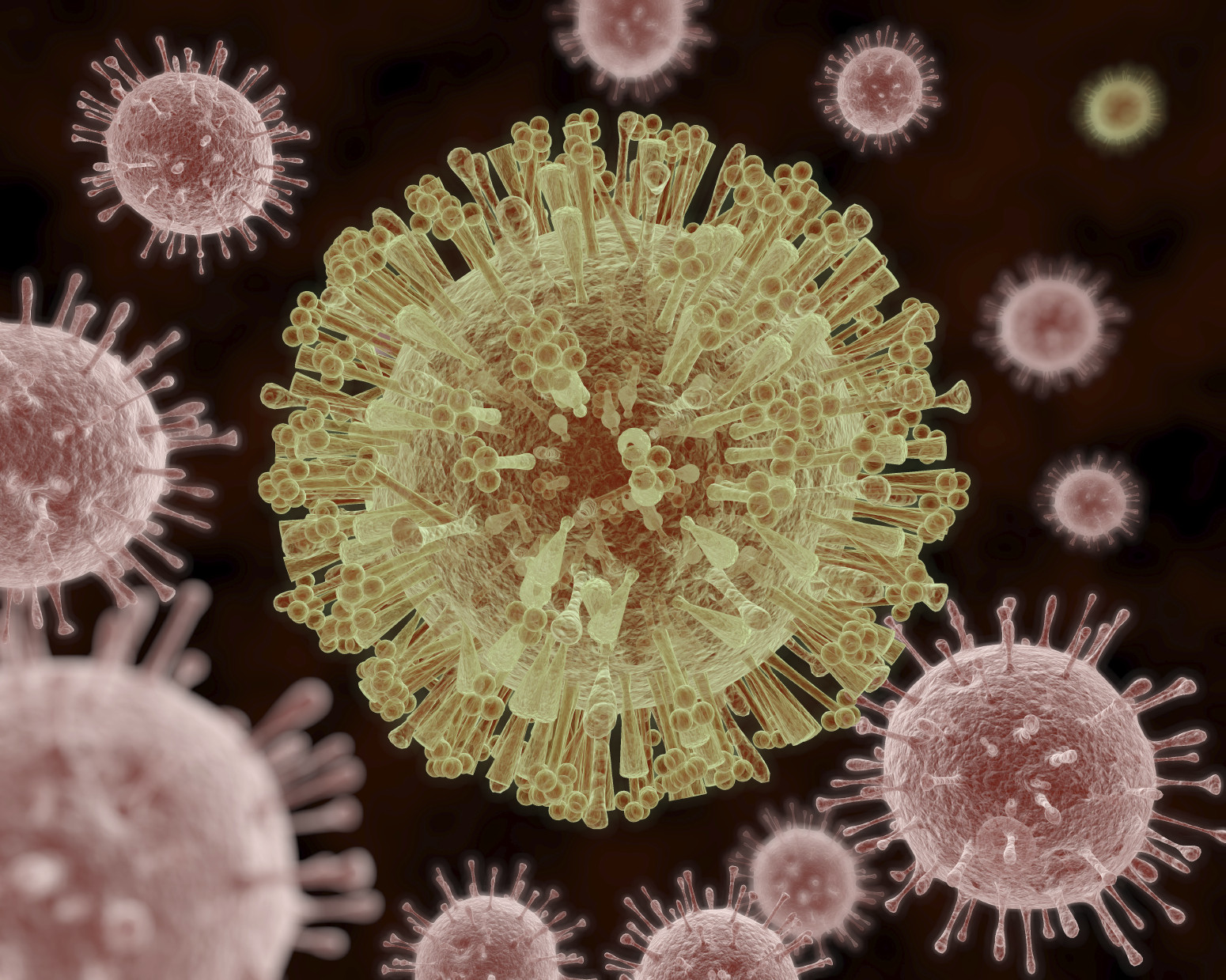
What are somatic workouts?

How to curb your stress eating

How to spot Parkinson’s disease symptoms

8 simple ways to reduce ultra-processed foods in your diet

Heart failure symptoms in women: How they’re different

GERD diet: Foods to avoid to reduce acid reflux

Strong is the new skinny

Everyday habits that sneakily weaken your bones

Don’t wait to get help for back pain

Correcting how you walk may ease osteoarthritis knee pain
Staying Healthy Archive
Articles
Dietary nitrate may lower risk of glaucoma
Eating 10 servings of green leafy vegetables per week, or about 1.5 cups per day, may lower a person’s risk for primary open-angle glaucoma by 20% to 30%. These foods are rich in nitrate, which can help reduce eye pressure and improve blood flow to the optic nerve.
7 things you can do to avoid drug interactions
Each of your medications may be affecting how the others work, leading to harmful side effects and complications.
Each additional medication you take increases the risk of drug interactions.
Image: SheilaFitzgerald/Thinkstock
Are you taking more than one drug? Are you taking a few different types of medications? Are you seeing several different doctors? If so, you may be at increased risk for drug interactions, which occur when a drug, a supplement, or even a food affects the way your body processes a medication. Such interactions can make a drug more powerful—so that a standard dose becomes an overdose—or can render it less potent or altogether ineffective.
Why controlling your weight lowers your risk of diabetes
Inflammation is an important link between obesity, elevated blood sugar, and type 2 diabetes.
Weight loss can reduce inflammation—a major contributor to diabetes.
Image: tetmc/Thinkstock
We've known for a long time that being overweight is a major risk factor for developing type 2 diabetes. But only in the last 20 years have researchers determined that metabolism and immune responses are linked and that chronic inflammation plays an important role in the development of obesity, diabetes, and related metabolic diseases. "Inflammation is not only associated with obesity, diabetes, and cardiovascular disease, but also precedes and predicts these conditions," says Dr. Allison Goldfine, head of the Clinical Research section at Harvard-affiliated Joslin Diabetes Center.
Mediterranean diet may protect against fractures as well as high-dairy diet
Research We’re Watching
In the 2015–2020 Dietary Guidelines for Americans, the emphasis shifted from healthy foods to healthy eating plans. Scientists are also focusing on the role of one's entire diet in preventing osteoporosis.
A team of German researchers analyzed data from more than 90,000 women enrolled in the Women's Health Initiative (WHI), who were ages 50 to 79 when they entered the study.
What do heart experts eat for dinner?
They follow their own advice to enjoy lots of vegetables, legumes, lean protein, and a fruit-based dessert.
Image: Mizina/Thinkstock
Following a healthy diet is a proven and powerful way to lower your risk of heart disease. But do you ever wonder if doc-tors actually practice what they preach, especially with regard to their eating habits? While we obviously can't speak for all of them, four Harvard physicians with diverse ethnic backgrounds agreed to share examples of their favorite heart-healthy dinner menus.
Dr. Enrique Caballero, assistant professor of medicine
A native of Mexico, Dr. Caballero directs the Latino Diabetes Initiative at the Joslin Diabetes Center; his research interests include cardiovascular disease prevention.
Weighing in on the value of the body mass index
Your BMI estimates your body fat better than the number on a scale. But a tape measure is an equally important tool.
As your BMI rises above 25, so does your risk for developing high blood pressure, diabetes, and cardiovascular disease.
Image: designer491/iStock
The body mass index (BMI), a measurement derived from the relationship between your weight and your height (see box), is a common way to estimate body fat. It's a simple, fast, and essentially free tool that enables doctors to help identify people who might be at risk for health problems—including cardiovascular disease—that are linked to excess body fat.
Lend a hand, help your heart?
People who do volunteer work may reap benefits beyond the satisfaction of helping others.
Doing volunteer work may give you a greater sense of purpose in life—a positive emotion that’s been linked to a lower risk of heart disease.
Image: monkeybusinessimages/Thinkstock
If you volunteer on a regular basis, perhaps you've experienced the emotional rewards of donating your time. What you might not realize, however, is that volunteering may offer some added advantages for your heart.
Cutting back on added sugar
Watching the sugar in your diet can help you control your weight and potentially avoid serious chronic health problems — for example, heart disease and diabetes.
You might be surprised at how many of the "healthy" foods you eat contain sugar. Energy bars, fruit, flavored yogurt — all are "good" foods, but many of them have a lot of sugar. So, the first step to reducing excess sugar in your diet is to read labels carefully and opt for products that are lower in sugar.
Smart chocolate choices for a healthy heart
The advice to eat chocolate should be taken with a grain of salt.
Image: Leszek Kobusinski/Thinkstock
Like bees swarming a melting candy bar, the media buzz around the purported health benefits of chocolate has been hard to ignore. The possibility that such a sumptuous treat might actually be good for your heart is very sweet news, indeed.
But there's a lot more to this story that we need to understand before going hog wild in the candy aisle, says Dr. Howard Sesso, associate professor in the division of preventive medicine at Harvard-affiliated Brigham and Women's Hospital. "Simply recommending that people eat dark chocolate as a way of improving health is very misleading, since chocolate products tend to have a significant amount of fat, sugar, and calories." Instead, he and colleague Dr. JoAnn Manson are embarking on the Cocoa Supplement and Multivitamin Outcomes Study (COSMOS), a four-year trial involving 18,000 participants that is designed to tease out the intricacies of chocolate's health-promoting nutrients (www.cosmostrial.org).

What are somatic workouts?

How to curb your stress eating

How to spot Parkinson’s disease symptoms

8 simple ways to reduce ultra-processed foods in your diet

Heart failure symptoms in women: How they’re different

GERD diet: Foods to avoid to reduce acid reflux

Strong is the new skinny

Everyday habits that sneakily weaken your bones

Don’t wait to get help for back pain

Correcting how you walk may ease osteoarthritis knee pain
Free Healthbeat Signup
Get the latest in health news delivered to your inbox!
Sign Up










